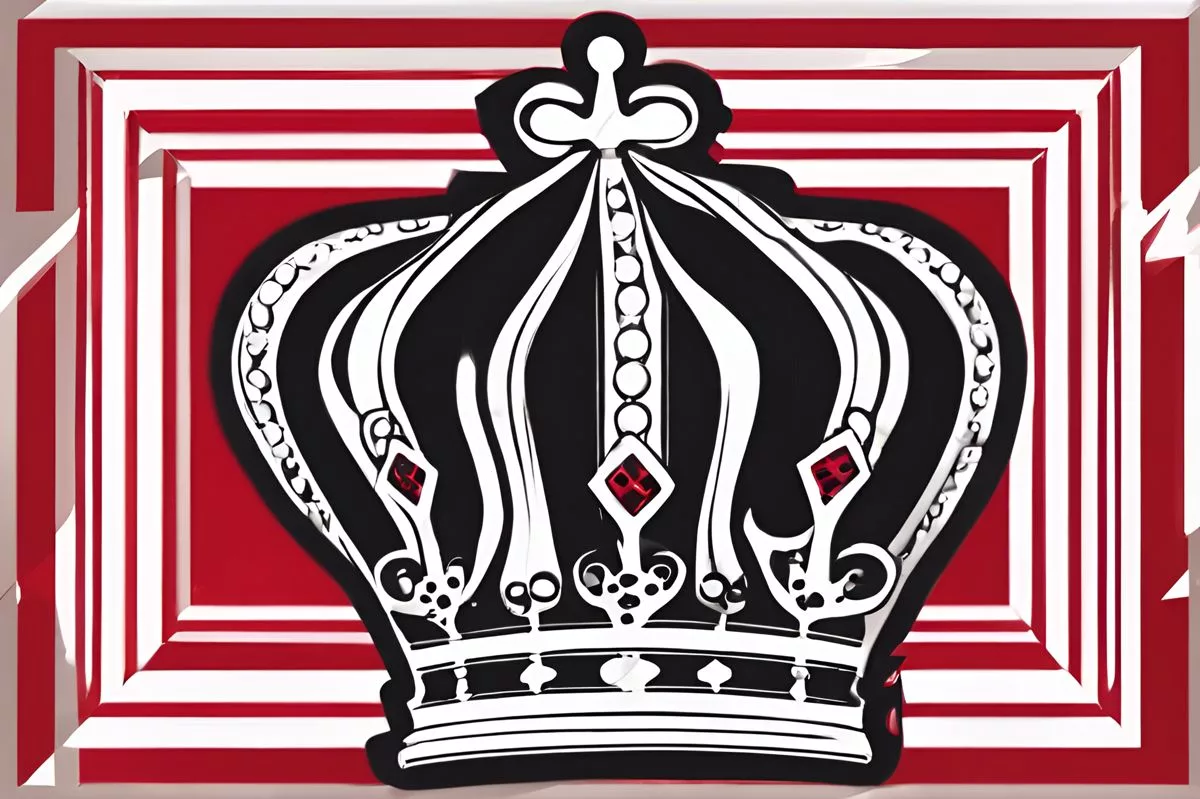Prince Harry was recently spotted in Santa Barbara amidst the controversy surrounding the use of Queen Elizabeth’s childhood nickname, Lilibet, for his daughter’s christening. The Queen was reportedly “incensed” when she learned of the use of her nickname, intensifying the already strained relationship between the royal family and the Sussexes. The controversy stems from the lack of collaboration and conflicting accounts of whether the Queen gave her consent for the use of Lilibet, prompting inquiries about the internal communication and decision-making processes within the royal family.
What is the controversy surrounding Queen Elizabeth’s childhood nickname?
The controversy stems from the christening of Prince Harry and Meghan’s daughter with Queen Elizabeth’s personal nickname, Lilibet. The Queen was reportedly “incensed” when she learned of the use of her nickname, which was previously exclusive to those in her inner circle. The situation has intensified the already strained relationship between the royal family and the Sussexes.
Nestled in the picturesque city of Santa Barbara, California, it was here that Prince Harry was spotted in public since the ignition of the fiery controversy about Queen Elizabeth’s treasured childhood nickname, Lilibet. The unexpected sighting was on a typical Tuesday, where the Duke of Sussex wrapped up a refreshing exercise session. Renowned for his athleticism, the prince confronted the frosty January gusts, donned in a simple black outfit.
The Origin of the Controversy
The fuel to this burning dispute was derived from what seemed a harmless act – the christening of the Sussexes’ infant with the Queen’s personal nickname – Lilibet. The Daily Mail reported that this affectionate moniker, previously exclusive to those within the Queen’s inner circle, had been used, causing a global stir and fanning the flames of the already heated royal rift.
This ongoing saga was revealed through the new biography, “Charles III: New King, New Court. The Inside Story,” penned by Robert Hardman. The pages of this book were the platform where the Queen’s outrage was expressed, brewing up a fresh storm of disagreement for the already beleaguered royal family.
Queen Elizabeth’s Response
A staff member of Queen Elizabeth’s illuminated the Queen’s colossal displeasure. The monarch was described as being “as incensed as I’d ever witnessed her” upon uncovering the Sussexes’ claim that they wouldn’t have chosen the nickname without her approval.
Highlighting the personal value of the nickname ‘Lilibet’, the Queen was depicted as conveying her distress to her staff, stating, ‘I don’t possess the palaces, I don’t possess the paintings; the sole thing I have is my name. And now they’ve seized that.’
The Timeline and Aftermath
The roots of this contention can be mapped back to 2021. Prince Harry and Meghan contended that they had consulted with the Queen and obtained her consent before naming their daughter Lilibet. However, this account was refuted by Buckingham Palace, who allegedly showed a lack of collaboration when the Sussexes sought their affirmation of their version of the story.
The dispute unveils another layer of complexity to the pre-existing strains within the royal family, prompting inquiries about their internal communication and decision-making processes.
Despite the Sussexes standing firm with legal warnings, the focal point of this discussion remains the Queen’s discontent, highlighting the delicate balance between personal freedoms and royal customs.
As the story continues to develop, the world keenly observes as Prince Harry navigates the repercussions of these revelations. Each new development in this captivating royal saga stirs public anticipation for more unexpected developments and revelations about the intricate dynamics within the royal family.
What is Lilibet?
Lilibet is Queen Elizabeth’s personal nickname, which was previously exclusive to those within her inner circle. It is a shortened version of her full name, Elizabeth.
Did Queen Elizabeth give her consent for the use of Lilibet?
There are conflicting accounts about whether the Queen gave her consent for the use of Lilibet for Prince Harry and Meghan’s daughter’s christening. The lack of collaboration and communication within the royal family has been called into question.
What is the current state of the relationship between the royal family and the Sussexes?
The relationship between the royal family and the Sussexes has been strained for some time, and the controversy surrounding the use of Lilibet has only intensified this. The situation has prompted inquiries about the internal communication and decision-making processes within the royal family.
What is the book “Charles III: New King, New Court. The Inside Story” about?
The book “Charles III: New King, New Court. The Inside Story” is a new biography penned by Robert Hardman that sheds light on the internal dynamics of the royal family.
What is the public’s reaction to the controversy?
The controversy surrounding the use of Lilibet has sparked public interest and anticipation for further developments in the ongoing saga. The delicate balance between personal freedoms and royal customs is also a topic of discussion.












